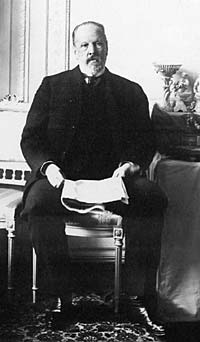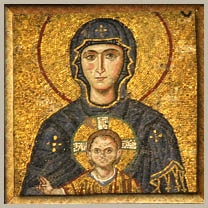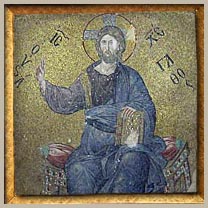Biographies - Count Sergei Iulevich Witte
Serge Witte
 Count Witte was born in Tiflis in the Caucasus (now Georgia) in 1849. His father was a Baltic german and his mother Russian and a member of the nobility. Witte went into railroading and rose to director of the department of Railroads in 1889. Alexander III showed great faith in Witte by making him his Finance minster in 1889. When Nicholas II came to the throne in 1894 he inherited Witte "a rising star, an ambitious, brash, brash and young man", with some reservations. Witte's power and authority continued to grow, but Nicholas decided his power had grown too strong and he promoted Witte down to the dead-end position of chairman of the Committee of Ministers in 1903.
Count Witte was born in Tiflis in the Caucasus (now Georgia) in 1849. His father was a Baltic german and his mother Russian and a member of the nobility. Witte went into railroading and rose to director of the department of Railroads in 1889. Alexander III showed great faith in Witte by making him his Finance minster in 1889. When Nicholas II came to the throne in 1894 he inherited Witte "a rising star, an ambitious, brash, brash and young man", with some reservations. Witte's power and authority continued to grow, but Nicholas decided his power had grown too strong and he promoted Witte down to the dead-end position of chairman of the Committee of Ministers in 1903.In 1905 Nicholas reluctantly called about Witte to negotiate peace with Japan . he travelled to the USA and skillfully worked both US public opinion and the Japanese to secure a treaty that cut Russia's expected losses at the negotiating table after a humiliating loss to Japan in the Far East. Upon his return to Russia and despite the Tsar's past doubts Nicholas made him a Count and gave him unprecedented power as the Chairman of the Council of Ministers. Witte assumed this responsibility in the midst of the troubles of 1905. Widespread unrest and the belief that things were spiraling out of control lead Witte to recommend drastic reforms which he felt were essential to preserve Russian and the throne. Nicholas accepted these recommendations under duress and issued the October 17 Manifesto which at one stroke turned Russia into a constitutional monarchy. Although Nicholas felt this was the only choice open to him he still resented Witte's part in the abrogation of the throne's autocratic power and in six months he retired him from government service.
After service that Witte felt had saved Nicholas and the Empire this dismissal - couched as it was in polite language and royal largesse - embittered Witte, but due to his loyalty and sense of propriety he kept his mouth shut for the time being.
Witte and his wife travelled abroad. Rumors of plots to assassinate Witte reached him and in January 1907 a bomb was found planted in his home. Late that year and began work on his memoirs, which he planned to publish one day to set the record straight. In 1908 he returned to Russia and continued work on his manuscript. This effort continued for many years and was basically completed in 1912, although publication was put off until sometime in the future.
The outbreak of war found Witte and his family in France and his memoirs were left in a secure French bank vault while they returned to Russia. Witte died in 1915. His widow escaped from Bolshevik Russia and 1919 and took his memoirs to New York for publication, where they appeared in 1921.
At the time of his forced retirement in 1905 Count Witte felt a natural bitterness toward Nicholas which was expressed in the earliest parts of his manuscripts. Alexandra hardly appears as she was not involved in politics until World War I, although he still expresses great antipathy for her and censures what he felt was her negative reinforcement of the Tsar's worst qualities. Later, with time and reflection, his attitude toward them mellows.
Please send your comments on this page and the Time Machine to boba@pallasweb.com





 Imperial Bedroom
Imperial Bedroom Portrait Hall
Portrait Hall Mauve Room
Mauve Room Maple Room
Maple Room Aleksey's Bedroom
Aleksey's Bedroom Nicholas's Study
Nicholas's Study Aleksey's Playroom
Aleksey's Playroom Formal Reception
Formal Reception Balcony View
Balcony View Aleksey- Balcony
Aleksey- Balcony Children-Mauve
Children-Mauve Nicholas's Bathroom
Nicholas's Bathroom Alexandra- Mauve
Alexandra- Mauve Nicholas's Reception
Nicholas's Reception Tsarskoe Selo Map
Tsarskoe Selo Map